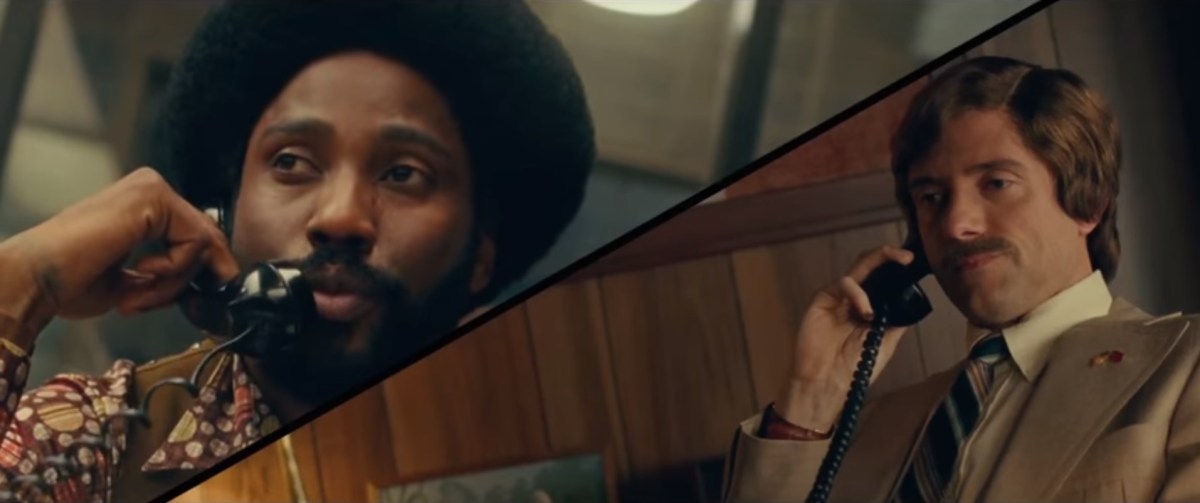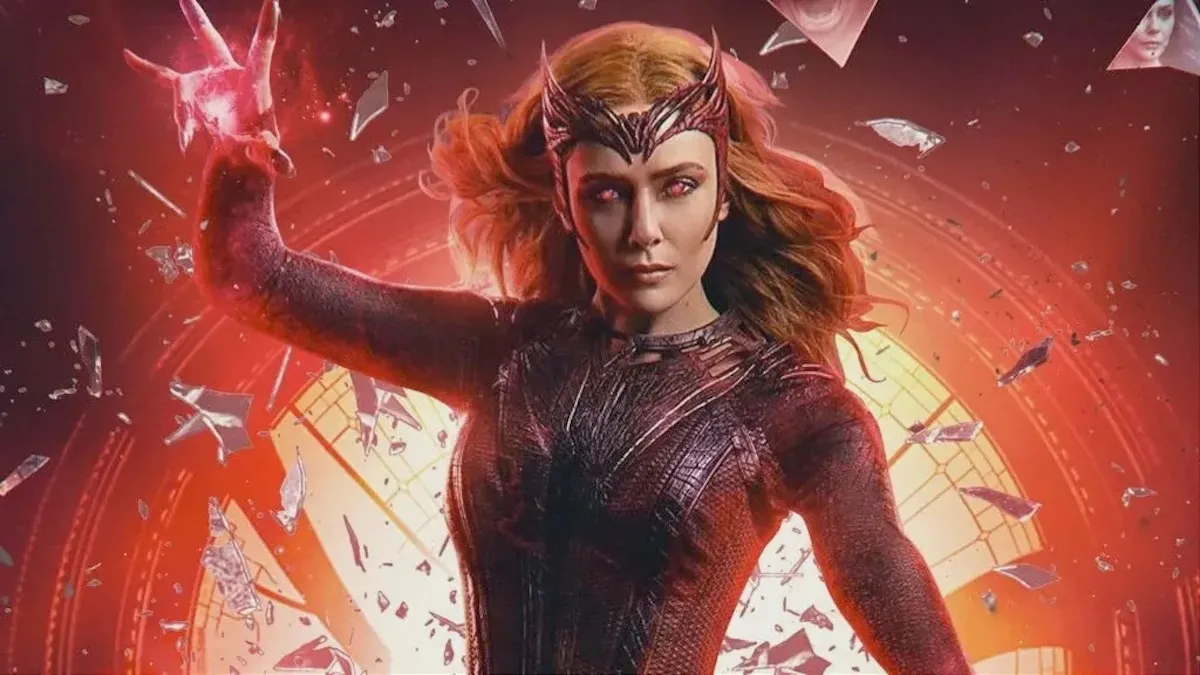The Hollywood Reporter typically does roundtables every year with directors who are being honored for their work. This year, there was quite the collection of talented filmmakers, ranging from Ryan Coogler and his brilliant Black Panther to Spike Lee with BlackKklansman.
Including Alfonso Cuarón, Marielle Heller, Yorgos Lanthimos, Ryan Coogler, Bradley Cooper, and Spike Lee, the roundtable made on thing very clear: Bradley Cooper is maybe out of his league here. Sure, he stands a chance to win Best Director for A Star is Born, but listening to him talk at this roundtable, I couldn’t help but relate to Spike Lee.
Mood: Spike Lee staring at Bradley Cooper pic.twitter.com/A5zDWBomKl
— rachel leishman (@RachelLeishman) December 14, 2018
Cooper hadn’t directed before, and some of the questions are clearly meant for filmmakers who have been working their entire career to get where they are today. That’s not discounting Cooper’s work, but it meant that some of the questions just didn’t fit him.
That being said, it was kind of hilarious to listen to him describe why he wanted to do A Star is Born.
Bradley Cooper explains why directing #AStarIsBorn was so personal: “If I didn’t have something to say, there was no reason to make the movie.” pic.twitter.com/Y2D4PtO9Uq
— Hollywood Reporter (@THR) December 14, 2018
… as if this isn’t a movie we’ve seen four times now—literally, this is the fourth version of it. I understand his point, but it doesn’t change the fact that it’s really hard to see it as a movie that says something that hasn’t been said before.
Another aspect of the roundtable that really got to me was the question about whether or not Black Panther was political.
Ryan Coogler explains why #BlackPanther is “definitely a political film.”
“It’s a character who is the political leader of a fictional country, but we put it on a real continent, we wanted to set it in the real world.” pic.twitter.com/A868kuDOqQ
— Hollywood Reporter (@THR) December 14, 2018
Why is this question outrageous, you ask? Because T’Challa is literally a king. He’s a politician. So yes, in a sense, it is inherently political. Without even adding in our current political climate, this would be a politically charged film. And Ryan does an incredible job addressing that because he is aware of the power that Black Panther had on audiences.
Marielle Heller’s involvement in the panel was a lovely change of pace since, a lot of the time, it’s a very male-centric roundtable, and seeing Spike Lee want to ask his own questions of Marielle and her work was wonderful!
#CanYouEverForgiveMe “had a different incarnation” before Marielle Heller was attached to direct.
“@MelissaMcCarthy and I made a pact when we came on board: Let’s never talk about whatever happened before, because clearly there is a reason it fell apart.” pic.twitter.com/gjFxZV3eNs
— Hollywood Reporter (@THR) December 14, 2018
For once, this roundtable was a beautiful discussion of their films and what they meant to the directors, but was severely lacking in some Barry Jenkins and Steve McQueen.
(image: screencap)
Want more stories like this? Become a subscriber and support the site!
—The Mary Sue has a strict comment policy that forbids, but is not limited to, personal insults toward anyone, hate speech, and trolling.—









Published: Dec 14, 2018 04:48 pm